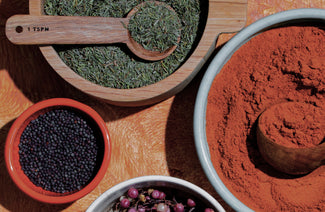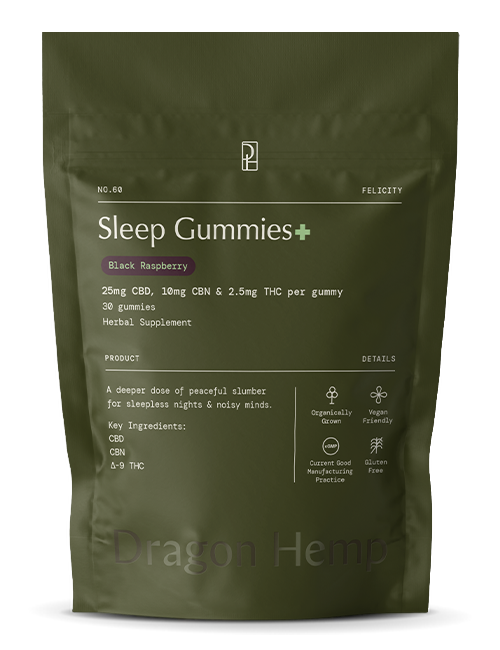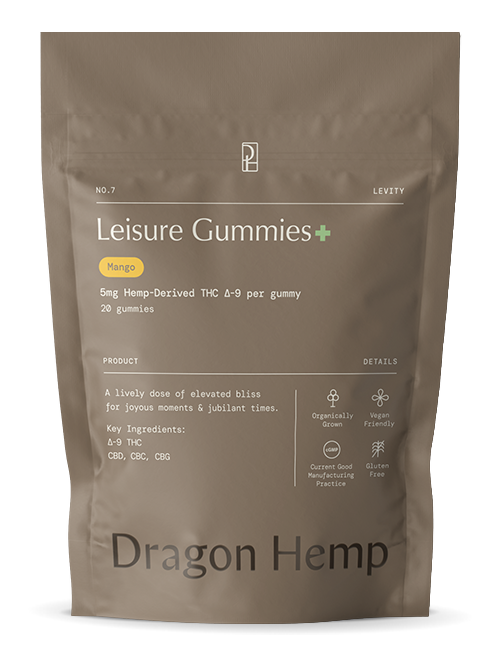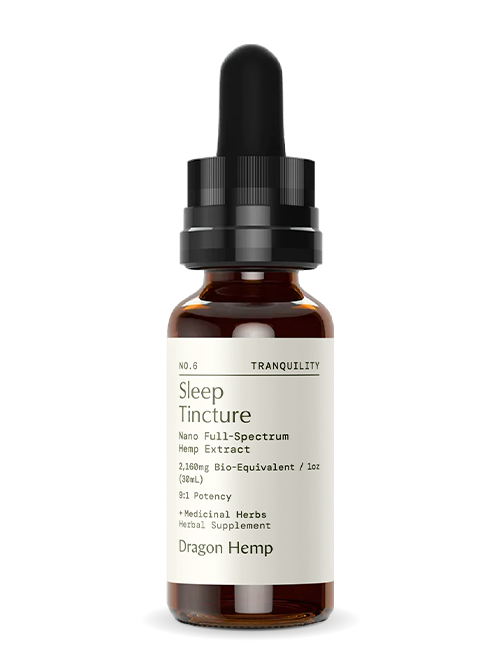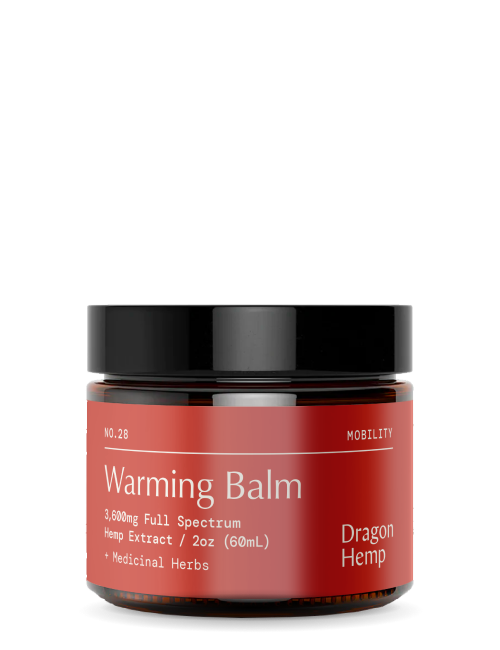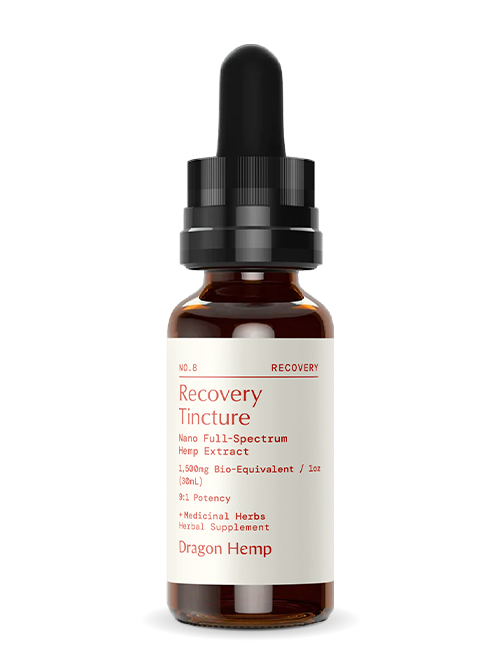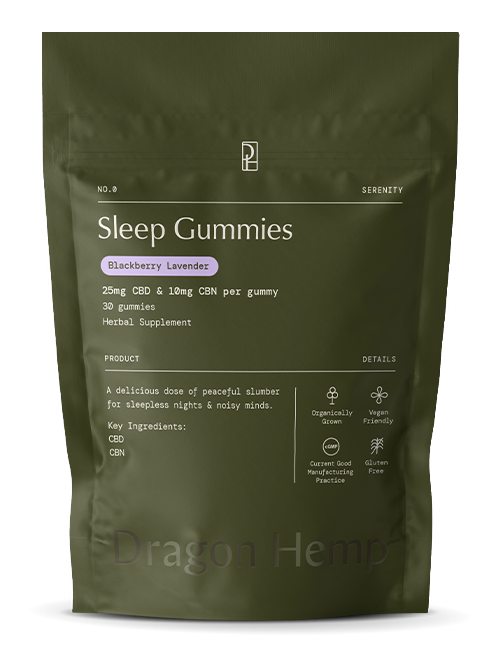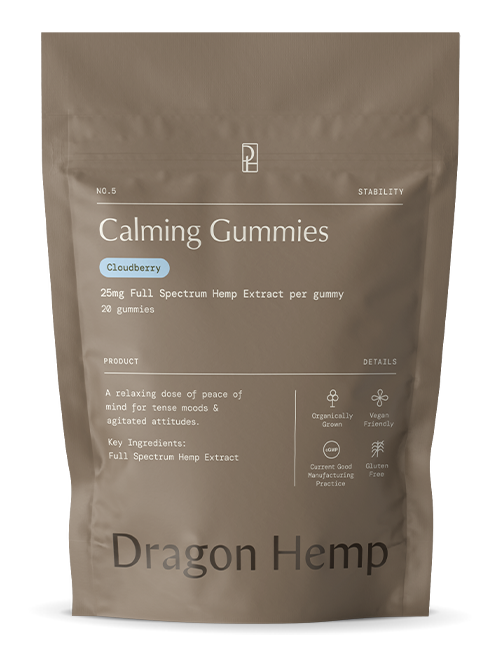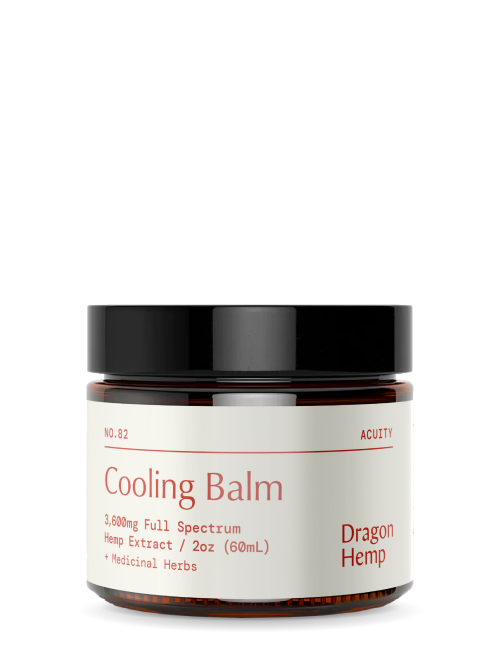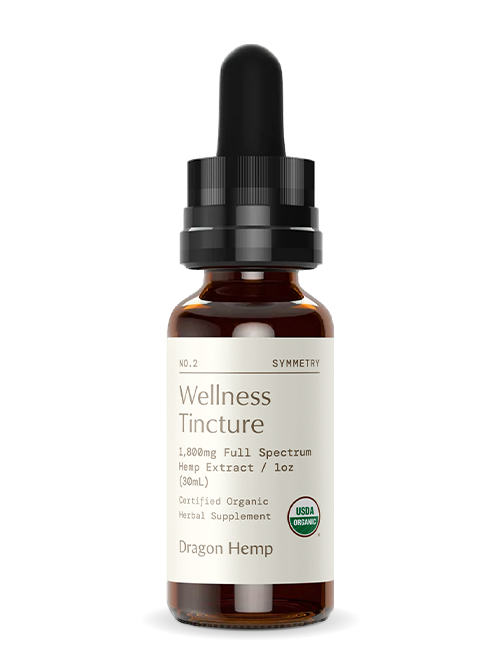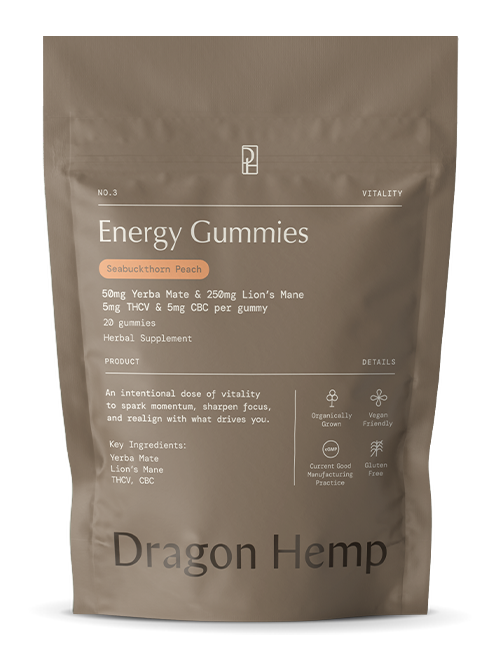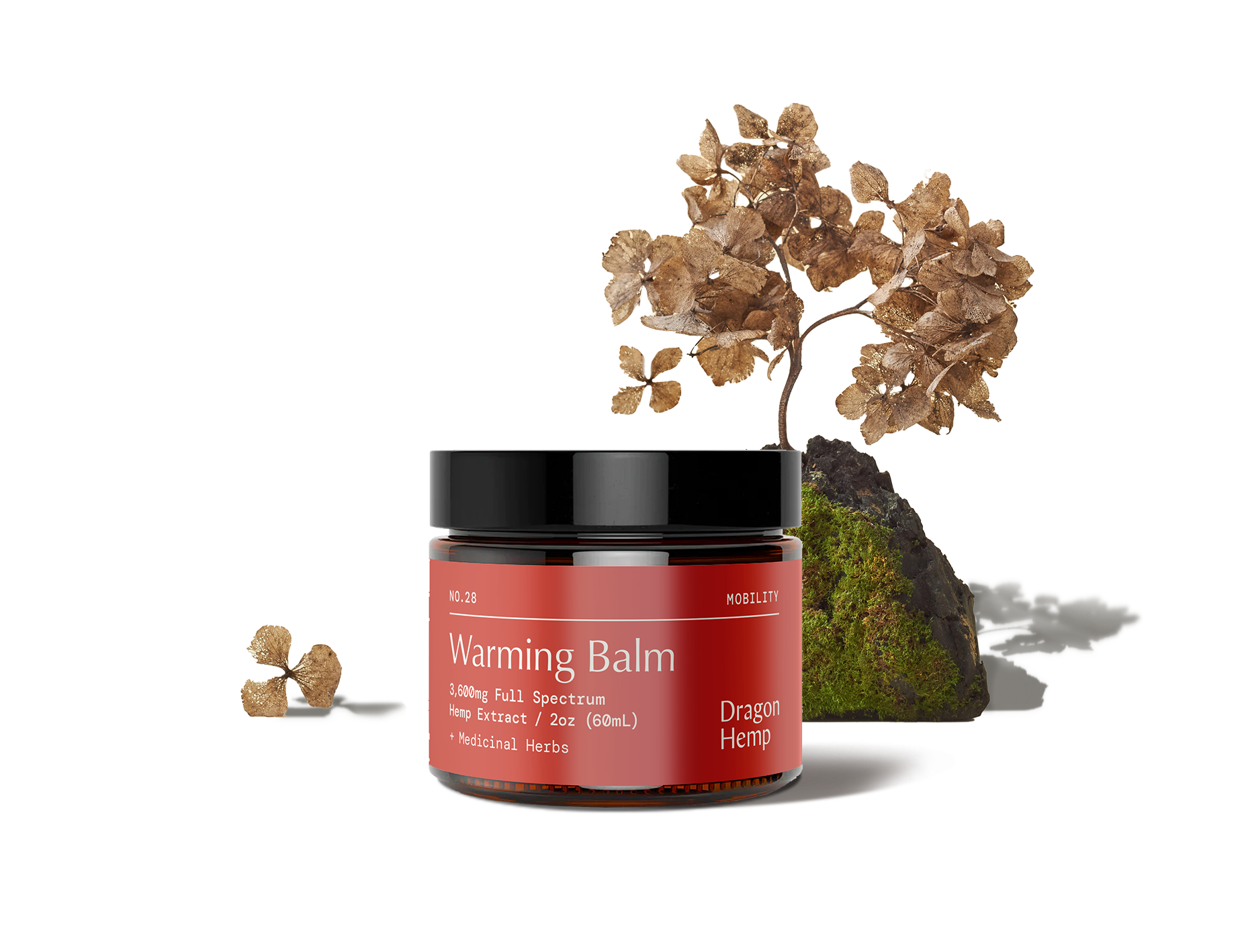
Is Turmeric Good for Your Mind?
Besides adding flavor and color to food, some natural spices like turmeric are extensively used for their medicinal properties. This common spice belongs to the ginger family and has a long history of use in traditional medicine.
Historically, turmeric was an integral part of Ayurvedic medicine as well as the medical practices of ancient Chinese civilizations. In these, it was used to treat various illnesses, including skin disorders, allergies, respiratory infections, liver disease, joint pains, and digestive system disorders.
The spice is native to Southeast Asia but is now commercially grown in many parts of the world, including the US. Its active ingredient, curcumin, is found in its rhizome (underground stem) and is thought to possess powerful biological qualities.
Turmeric dietary supplements are commercially available in capsules, powders, tea, and plant extracts. But what does turmeric have to offer? Read on to learn why the golden spice is good for brain health.
Key takeaways
- Turmeric belongs to the ginger spice family.
- It contains curcuminoids, the majority of which are curcumin.
- Curcumin has powerful antioxidant and anti-inflammatory properties that have various beneficial effects on your brain's health.
- Turmeric has low bioavailability, but black pepper/piperine increases its bioavailability significantly.
- The recommended dietary turmeric/curcumin dosage is 1.4 mg per half a kilogram of body weight.
Are Turmeric and curcumin the same?
Turmeric and curcumin are not the same. The former is a spice commonly used to make many Indian dishes. It's one of the members of the ginger family. One characteristic feature of turmeric is its bright yellow-orange color.
This spice contains curcuminoids, one of which is curcumin. These are the bioactive compounds responsible for turmeric's health benefits. Seventy-five percent of curcuminoids are curcumin, which is why it's the "star" ingredient.
Is Turmeric Good for Your Mind?
There is little doubt that turmeric is good for your brain. Let's look at research-based evidence that supports this claim and learn how beneficial turmeric is for brain health.
Possible benefits of Turmeric for brain health
Turmeric is a powerhouse of antioxidants and anti-inflammatory agents that can do a world of good for the brain and your overall health. Thanks to its antioxidant properties, turmeric may be useful in protecting cells against damage caused by free radicals.
This is welcome news considering that free radicals are associated with brain aging. Indeed, studies show that the accumulation of oxidized proteins, DNA, and lipids correlate with cognitive decline in aged brains.
Systemic inflammation contributes to various immune responses in the brain. The most typical signs of these are confusion and memory lapses. Other well-known symptoms are:
- Depression
- Fatigue
- Lack of motivation
- Loss of appetite
- Reduced physical activity
That systemic inflammation can affect cognitive functioning is well-established in science. Besides delirium, it can also cause grave problems, especially for persons with degenerative brain conditions like Alzheimer's. The bad news is that left untreated, systemic inflammation can cause irreversible neurological changes.
The good news is that natural supplements like turmeric can help mitigate the effects of such diseases. That's because it is a powerful anti-inflammatory agent that can help repair the damage caused by inflammation. In particular, curcumin can enhance antioxidant activity, reduce chronic low-grade inflammation, and minimize oxidative stress.
That said, studies suggest that you would probably need to take high doses of turmeric to reverse the effects of chronic inflammation.
Further evidence shows that curcumin might have neuroprotective properties that could help boost brain health. These might directly boost memory, reduce brain fog, and enhance overall cognitive functioning.
Moreover, turmeric demonstrates the potential to treat several causes of brain fog. These include neurological conditions like Alzheimer's, depression, and migraine headaches. Indeed, these are the three most well-known causes of mental fatigue.
A study investigating the effects of turmeric on mood and cognition yielded promising results. In the double-blind, randomized, and placebo-controlled experiment, 60 test subjects of healthy elderly individuals (60 to 85 years) were given 400 mg of curcumin.
An hour later, the participants on curcumin treatment recorded significantly better performances in working memory tasks and attention spans than the placebo group. Four weeks later, the curcumin group was more upbeat (better mood), calmer, and displayed fewer symptoms of fatigue.
There is evidence that turmeric may support a healthier brain by improving brain development and neuroprotection. It does this by stimulating the synthesis of docosahexaenoic acid (DHA) – a fatty acid protein molecule known for its role in brain health.
DHA deficiency is associated with several cognitive problems, such as memory loss, anxiety, and inability to focus or concentrate. Fortunately, research indicates that curcumin triggers the production of enzymes that synthesize DHA from alpha-lipoic acid.
Another animal study tested the effects of curcumin on neurogenesis and cognition. After 12 weeks, the scientists noted improved neurogenesis and cognition in the rats. Further, the curcumin-treated cohort also exhibited better spatial and non-spatial memory. The researchers concluded that curcumin might have a positive role in synaptic plasticity, neuronal development, signal transduction, and neurotransmission.
Note: neurogenesis refers to the development of new neuronal connections, e.g., when learning a new skill.
In other words, the rats were able to understand their environment much better. They even developed a more intricate understanding of and between objects in their space.
Note: spatial memory is essentially how you understand your environment. For example, most people can grope their way to the washroom in pitch darkness. It's because they have an "image" in their brains of how objects are arranged around the house. Of course, this applies only in familiar settings.
Another protein that helps with cognition is the brain-derived neurotrophic factor (BDNF). It stimulates nerve cell growth and maturation. Studies suggest that curcumin can elevate the levels of BDNF, which is particularly good news for people with obesity, diabetes, and premenstrual syndrome.
We know that stress can seriously affect mental health, so it's encouraging that turmeric may help with this.
A study analyzing turmeric's effects on chronically stressed rats showed that its administration reversed impaired neurogenesis in the hippocampus and increased serotonin receptor activity. These results imply that curcumin may help mitigate the effects of stress-induced brain disorders that impede cognitive functioning.
As you can see, turmeric is no ordinary spice. It has lots of potential mental health benefits, including overall health. So, it isn't surprising that it is called the golden spice.
Curcumin for the blues
Many patients with depressive disorders do not respond to conventional medications. So, it's worthwhile to talk to a medical professional about alternative treatment plans like natural supplements.
Research suggests that turmeric and curcumin can help manage depression and moodiness. As a result, interest in these two substances has grown immensely in recent years, with findings from animal models showing promising results.
The findings show that turmeric/curcumin has multiple effects, including:
- Anti-inflammatory effects
- Stress response normalization
- Enhance neurotransmitter function
However, more research is needed to fully understand the actual benefits of this spice.
Curcumin for feeling anxious
A growing collection of natural remedies may help handle stress and anxiety. Cannabis, ashwagandha, passionflower, and now curcumin, among others, are natural alternatives with promising potential to reduce stress.
Depression and anxiety often go together, and since curcumin demonstrates strong anti-depressant qualities, it may have a therapeutic effect on anxiety. But much more research needs to be conducted to fully understand this.
Curcumin to support progressive memory loss
Research on turmeric’s potential mental health benefits continues, and the emerging results show it is good for your memory.
For example, studies show that long-term use of curcumin may lead to better memory and attention in older individuals. That's because curcumin intake is associated with lower levels of tau and beta-amyloid proteins in the brain, specifically, the amygdala and hypothalamus regions. These regions play an important role in emotion and memory functions.
The amyloid beta and tau have both indirect and direct cytotoxic effects in the brain related to memory loss and disruption of other cognitive functions.
Bioavailability of Turmeric
Even though curcumin and turmeric have a range of health benefits for the mind and body, they have low bioavailability. This means they are not easily absorbed and digested by the body.
The problem is that while you may take lots of turmeric, only a small fraction gets into your systemic circulation. This might affect the range of benefits you get.
The good news is that you can easily work your way around this problem. Studies indicate that black pepper increases turmeric's and curcumin's bioavailability by up to 2000%.
So, adding black pepper is a great idea when making meals with turmeric. You may even have noticed that curcumin supplements have piperine (the active ingredient in black pepper) or black pepper itself.
There are two theories supporting using black pepper with turmeric. The first theory suggests that piperine makes the intestinal wall more permeable, allowing curcumin to pass through more easily.
The other proposes that piperine might slow down the first-pass process in the liver. This prevents the liver from breaking down curcumin, thereby increasing its absorption in the blood.
Another way to increase turmeric's bioavailability is by consuming it with fatty foods. Curcumin easily binds to fat, making it easily absorbed in the gut. Avocado, coconut oil, nut butter, ghee, and milk are excellent for increasing curcumin's absorption.
You can also use turmeric in supplement form for higher bioavailability. Generally, curcumin constitutes only 2-8% of most turmeric preparations. So, the payload is much higher if you use concentrated forms of turmeric, for instance, in supplement form.
It is also a good idea to boil the spice to increase its bioavailability. Besides enhancing its flavor, heating turmeric increases its solubility in water, making it more absorbable by the body. However, don't heat or boil it for more than 15 minutes!
How to take Turmeric Safely
Generally, turmeric and curcumin are safe, and there are no documented serious side effects.
However, there have been reports of people reacting negatively to turmeric, although these tend to be rare. Even then, the effects are mild.
One commonly mentioned side effect is abdominal pain. Researchers are unsure why this happens but theorize that since turmeric stimulates the production of more gastric acid to aid digestion, it can adversely affect people with sensitive stomachs.
Turmeric might also thin your blood, making you bleed more. Again, it is unclear why this happens, but it may have to do with how this spice works. We only know it lowers blood cholesterol and pressure. Nonetheless, people on blood-thinning medications, e.g., Warfarin, should probably avoid taking turmeric in large doses.
There is a myth that eating spicy foods can induce labor. This claim has no scientific backing and is probably an old wives' tale. However, due to its blood-thinning effects, pregnant women are safer avoiding turmeric supplements.
Ways to incorporate Turmeric into your daily routine
Conventional turmeric preparations contain very little curcumin, so adding more spice to your food wont probably provide substantial health benefits.
The best way to ensure you get sufficient amounts of this golden spice is by using encapsulated turmeric supplements. These tend to be highly concentrated and dispatch large doses.
It may also help to use products that incorporate turmeric with black pepper for better absorption.
When using turmeric supplements, it might help to consider dosing guidelines by the Joint FAO/WHO Expert Committee on Food Additives. It recommends a dietary intake of 1.4 mg per pound of body weight (roughly 0.45 kg) per day. So, an 80-kg adult should take no more than 245 mg.
Try our Relief recovery capsules to enjoy some of turmeric's brain benefits. These are formulated to relieve pain and discomfort due to injury, overexertion, or inflammation. With a rich collection of potent natural extracts, including premium CBD isolate, turmeric, myrrh, frankincense, and corydalis, these capsules are great for:
- Relaxation
- Reducing inflammation
- Increasing blood flow
- Treating pain
- Healing
While the research is still ongoing, it looks promising. You can always check out our recovery capsules which include a blend of turmeric and other health-supporting herbs.
Feel like yourself again.
Peruse our collection of plant-based therapeutics blending time-honored herbal remedies with next-generation cannabinoid extracts.



